Addiction doesn’t just affect individuals—it impacts families, friends, and entire communities. For many people, recognizing the signs of substance abuse in a loved one can be difficult. Changes often occur gradually, and behaviors can be confusing or easily dismissed as stress, burnout, or mental health struggles. But identifying the warning signs that your loved one is struggling with addiction early can be critical in getting your loved one the help they need.
At Liberty House Recovery Center in Fenton, Michigan, we understand the pain and uncertainty families experience when someone they love is battling addiction. This blog will walk you through common physical, emotional, and behavioral signs that may indicate your loved one is struggling with a substance use disorder—and what you can do to help.
1. Changes in Physical Appearance
One of the earliest and most noticeable signs that your loved one is struggling with addiction is a change in physical appearance or hygiene. You may observe:
- Sudden weight loss or gain
- Bloodshot eyes or dilated pupils
- Unusual body odors or excessive use of cologne or perfume
- Poor grooming or hygiene
- Track marks, bruises, or unexplained injuries
These symptoms may vary depending on the substance being used, but a general decline in personal care is often a red flag.
2. Mood Swings and Personality Shifts
Substance use can significantly alter a person’s mood and personality. If your loved one suddenly seems like a completely different person, pay attention. Warning signs your loved one is struggling with addiction include:
- Increased irritability or aggression
- Unexplained mood swings
- Anxiety or paranoia
- Depression or withdrawal from loved ones
- Secretive or evasive behavior
People who struggle with addiction often become defensive when asked about their behavior, especially if they feel ashamed or afraid of being judged.
3. Decline in Work or School Performance
Another major indicator your loved one is struggling with addiction is a decline in daily functioning. If your loved one was once reliable but now struggles with responsibilities, this could be a sign of substance abuse:
- Frequent absences from work or school
- Decreased productivity or failing grades
- Missed deadlines or disciplinary issues
- Loss of interest in goals or ambitions
When addiction takes over, other priorities often fall to the side, including career or academic success.
4. Financial Problems
Addiction can be expensive, and many people who struggle with substance use face growing financial strain. Look for these signs:
- Unexplained borrowing or stealing of money
- Selling personal belongings
- Maxed-out credit cards or sudden debt
- Frequent ATM withdrawals or odd purchases
If your loved one is constantly short on money with no clear explanation, it may be worth exploring further.
5. Social Isolation or New Peer Groups
As addiction progresses, people may distance themselves from long-standing relationships and gravitate toward new, often questionable, social circles. You might notice:
- Avoidance of family or old friends
- Canceling plans or staying out late with little explanation
- Associating with individuals known for substance use
- Lack of interest in hobbies or events they once enjoyed
Isolation is a hallmark of addiction, often rooted in shame, secrecy, or fear of being discovered.
6. Legal or Disciplinary Issues
Run-ins with the law or frequent rule-breaking can indicate that substance use has reached a dangerous level. Common issues include:
- DUIs or arrests related to drugs or alcohol
- Domestic disturbances
- Workplace violations
- Risky or reckless behavior
When substance use starts causing real-world consequences, it’s a clear sign that professional help is needed.
7. Physical Withdrawal Symptoms
If your loved one appears physically sick when not using, it could mean they’ve developed a physical dependence. Symptoms may include:
- Shaking or tremors
- Nausea or vomiting
- Excessive sweating
- Headaches or muscle pain
- Fatigue or insomnia
Withdrawal can be dangerous depending on the substance and severity of use. Professional detox is often necessary to safely begin the recovery process.
What to Do if Your Loved One is Struggling with Addiction
Bringing up your concerns can be uncomfortable, but silence can lead to greater harm. Here are a few tips on how to discuss the signs your loved one is struggling with addiction:
- Choose a calm, private time to talk
- Speak from a place of love and concern, not blame
- Focus on specific behaviors rather than making accusations
- Offer support and information about treatment options
- Be prepared for denial or resistance—this is a normal part of the process
The conversation may not go perfectly, but opening the door can plant the seed for change.
If Your Loved One is Struggling with Addiction, Contact Us Today
If your loved one shows signs of addiction, know that help is available. At Liberty House Recovery Center, we offer compassionate, evidence-based care for individuals struggling with substance use disorders. Located in Fenton, Michigan, our facility provides a safe and supportive environment where clients can heal physically, emotionally, and spiritually.
We offer multiple levels of care—including inpatient treatment, partial hospitalization (PHP), and intensive outpatient programs (IOP)—to meet your loved one wherever they are in their recovery journey. Our expert team uses a combination of clinical therapy, medication-assisted treatment, holistic care, and family support to build a foundation for long-term sobriety.
Addiction doesn’t have to be a lifelong struggle. With the right support, recovery is possible—and Liberty House is here to help every step of the way.
Contact us today to speak with our admissions team and learn more about our personalized treatment programs. The sooner your loved one gets help, the sooner healing can begin.


